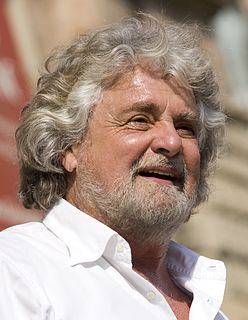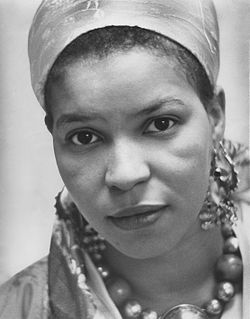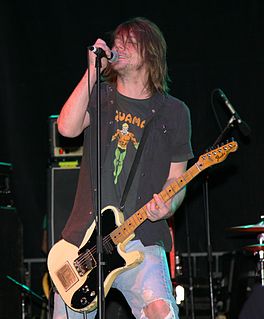A Quote by Ann Goldstein
The Neapolitan novels have a lot of references to things outside, to things of the world, to culture, politics, the city of Naples. People have mentioned that Naples is like a character in the novels.
Related Quotes
I'll always thank all of the teams I played for from the bottom of my heart because they all helped me grow as a person and a footballer, but the three years I spent in Naples were fantastic. That city gave me everything - my name, maturity, and international recognition. I get very emotional when Naples is mentioned.
I have a concept of Naples that is not so much of a city, per se, but rather an ingredient of the human spirit that I detect in everyone, Neapolitan or not. The idea that 'Neapolitanism' and mass ignorance are somehow indissolubly linked is one that I am prepared to fight with all the strength I have.
Italy is a tough country to be a comedian in - I can't invent stuff like this. Nearly eighty crooks in Parliament - that's about one crook in twelve. It's worse than Scampia, the most dangerous Naples slum, which is infested by the Camorra, the Neapolitan mafia. There, the criminals are only one in fifteen!
In Pakistan, many of the young people read novels because in the novels, not just my novels but the novels of many other Pakistani writers, they encounter ideas, notions, ways of thinking about the world, thinking about their society that are different. And fiction functions in a countercultural way as it does in America and certainly as it did in the, you know, '60s.
The difference does not lie in the things that news does that novels do not do, but in the things that novels do that news cannot do. In other words, this basic technique of news - just one among many - is something a novel can use, but a novel can deploy a multitude of other techniques also. Novels are not bound by the rules of reportage. Far from it. They're predicated on delivering experience.































